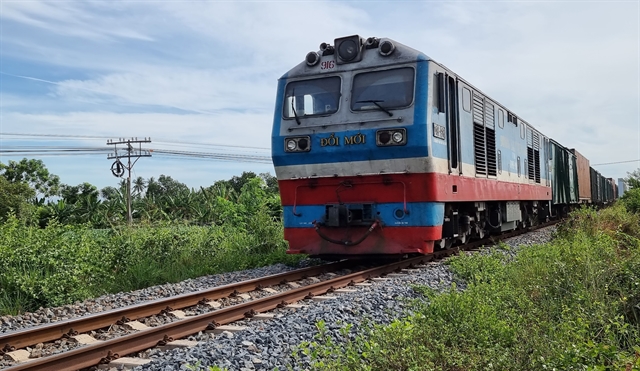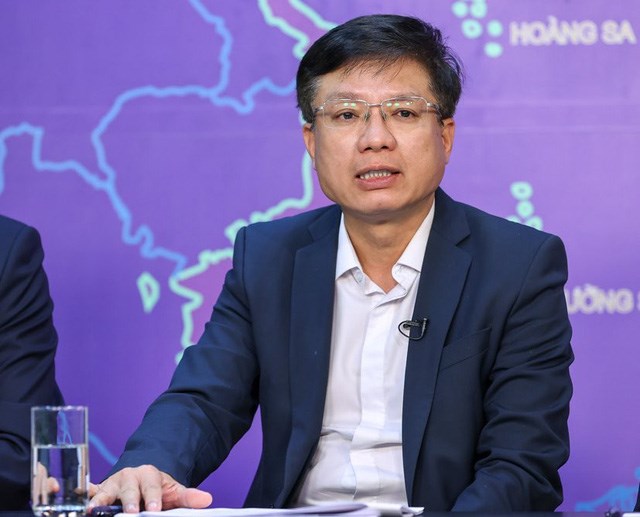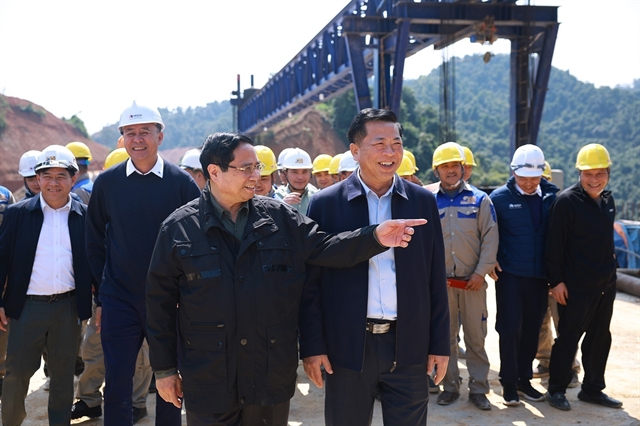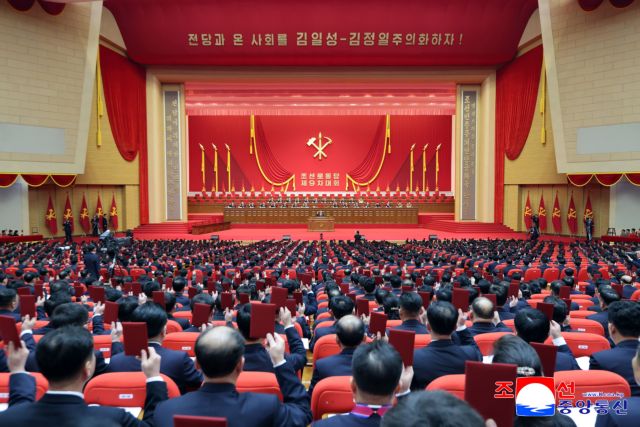 Economy
Economy
.jpg)

|
| Hồ Sỹ Hùng, deputy chairman of the Commission for the Management of State Capital at Enterprises (CMSC). — VNA/VNS Photo |
Hồ Sỹ Hùng, deputy chairman of the Commission for the Management of State Capital at Enterprises (CMSC) talked to the Vietnam News Agency (VNA) about challenges and difficulties in managing billion-dollar State-owned-enterprises (SoEs), many of which have been incurring heavy losses in recent years.
It has been five years since the formation of the CMSC. What milestones and objectives has the committee accomplished?
During the last five years, the CMSC has established firm control over the management and operation of large SoEs across the country in accordance with the Law on Management and Use of State Capital Invested in Production and Business Activities at Enterprises (commonly known as Law No. 69/2014/QH13) using a specialised, focus and systematic approach. We have also managed to clarify the role and scope of state control and separate it from owners' management responsibilities.
In addition, in collaboration with other governmental agencies and ministries, the CMSC has helped identify ongoing issues faced by mentioned-above SoEs and hopefully solve some of them by laying the groundwork for the amended Investment Law.
How are the SoEs performing now in comparison to five years ago when their management was transferred under the committee's responsibility?
We have witnessed positive changes in the management and operation of said SoEs in terms of revenue, profit growth, owners' capital and strategy. The SoEs have been and will continue to play an important part in the economy, including vital sectors such as petroleum, electricity and fertiliser.
The SoEs have started to slowly improve their management and operational capacity by embracing digital transformation. As a result, many of them have become more stabilised, with some starting to experience positive growth.
What measures have been taken to turn things around for loss-making SoEs in the last five years, and from here, what direction will they be taking?
There were a group of 12 SoEs that had been making losses prior to the management transfer. The main cause behind such morbid performance was identified to be largely inefficient projects, either in design or through poor implementation.
Under a coordinated effort led by the CMSC, the Politburo has approved a total of eight projects to be continued under the condition that they must operate under more market-oriented mechanisms.
We have strongly supported the view that in order for said projects to be continued, they must be implemented based on market principles and meet a set of criteria to remain operational sustainable under real market conditions.
For example, the DAP Fertilizer Plant No. 1 in the northern city of Hải Phòng has managed to turn a profit since the beginning of 2022. The Đình Vũ Hải Phòng Fiber Plant (PVTex) has managed to stabilise its production lines and has been on the lookout for suitable foreign partners in an effort to diversify technology, production and sales channels.
In addition, recent interest cuts by the State Bank of Vietnam (SBV) have been a welcome help to struggling SOEs, putting them in a better position to recover. We have received reports from 8 out of 12 SoEs on their future strategy and direction.
Some other SoEs, on the other hand, were managed efficiently and only really needed some debt restructuring to receive the green light. For example, the Thái Bình Thermal Power Plant was connected to the national electricity grid last July.
What plans does the CMSC have for the future improvement in the management and operation of said SoEs?
We are still experiencing ideas at the committee. There is still a lot to be done to improve the committee's capacity to represent the state in SoEs. While the CMSC was formed in 2018 regulations have not catched up entirely.
Therefore, one of our top priorities in the coming years is to continue to research and experiment, using international case studies, in the hope of finding a balanced approach to managing said SoEs that can be applied to Việt Nam's specific conditions. We have an idea that the CMSC should represent the rights and interests of the state in large SoEs but with minimised interference in their business activities, and when possible help and guide them to improve their operational efficiency.
We also consider ourselves as a bridge between the SoEs and state management agencies and strive to construct better policies to create favourable conditions for the production and business activities of all enterprises, including state-owned enterprises. — VNS
.jpg)



